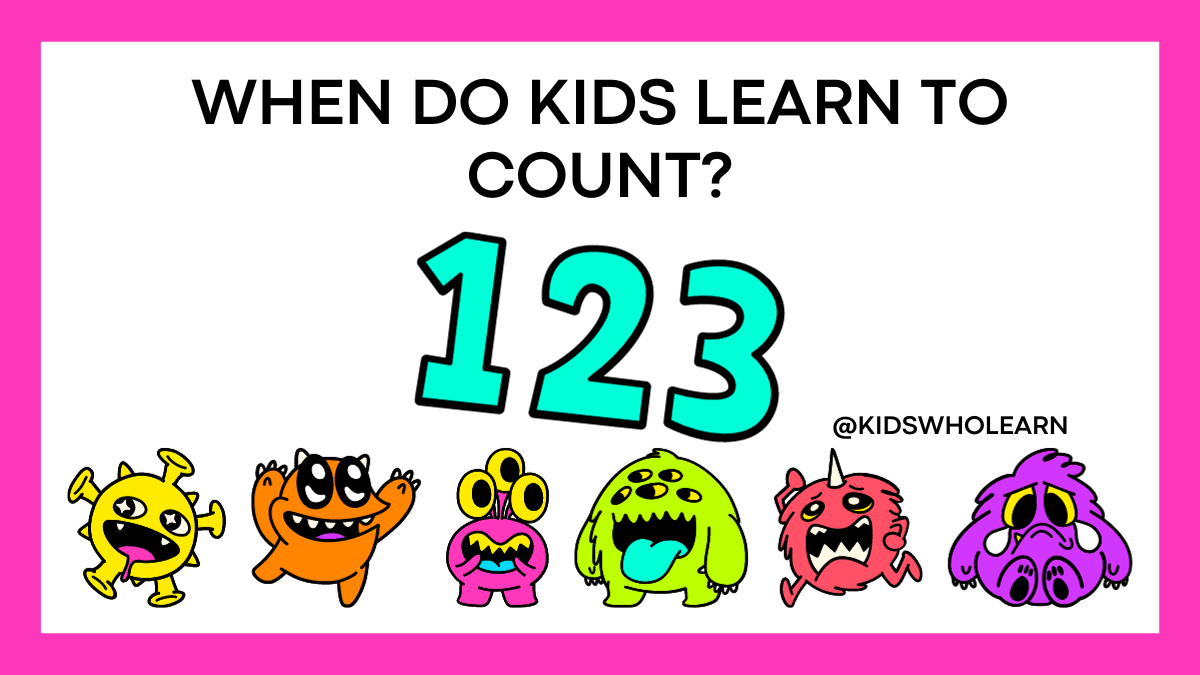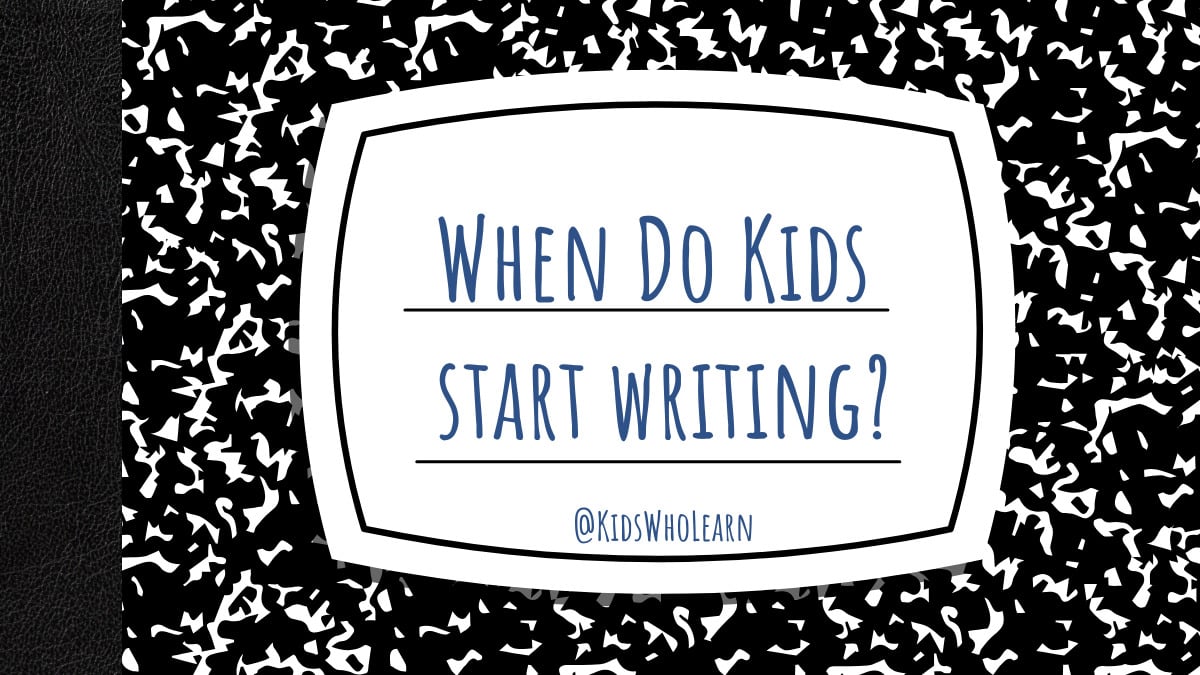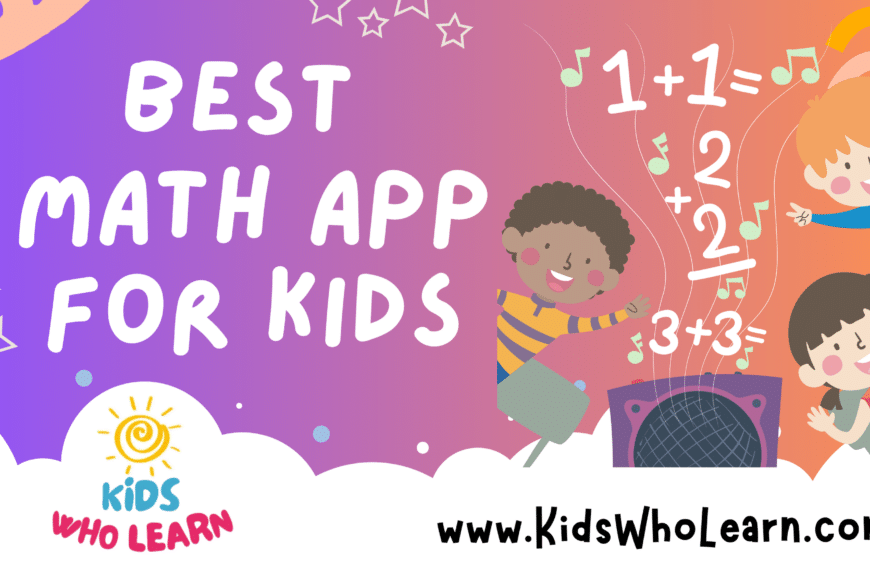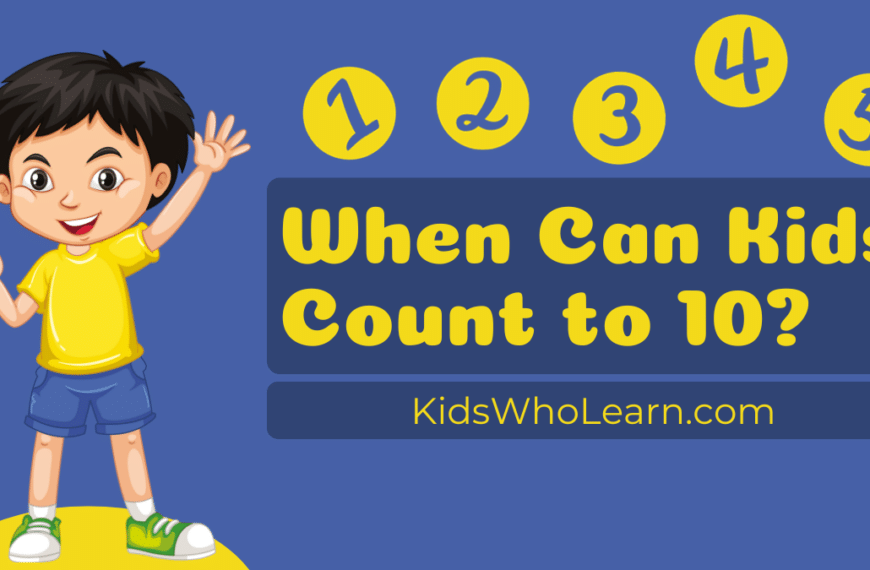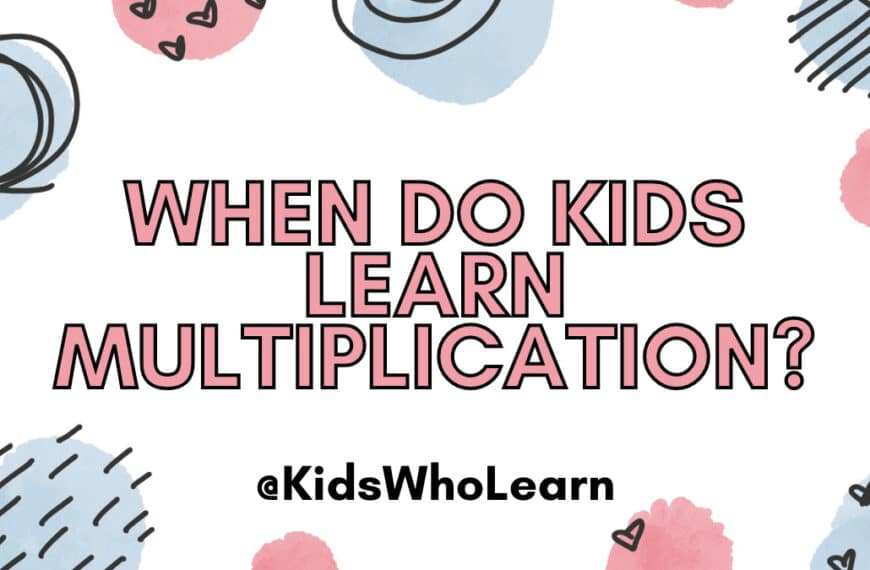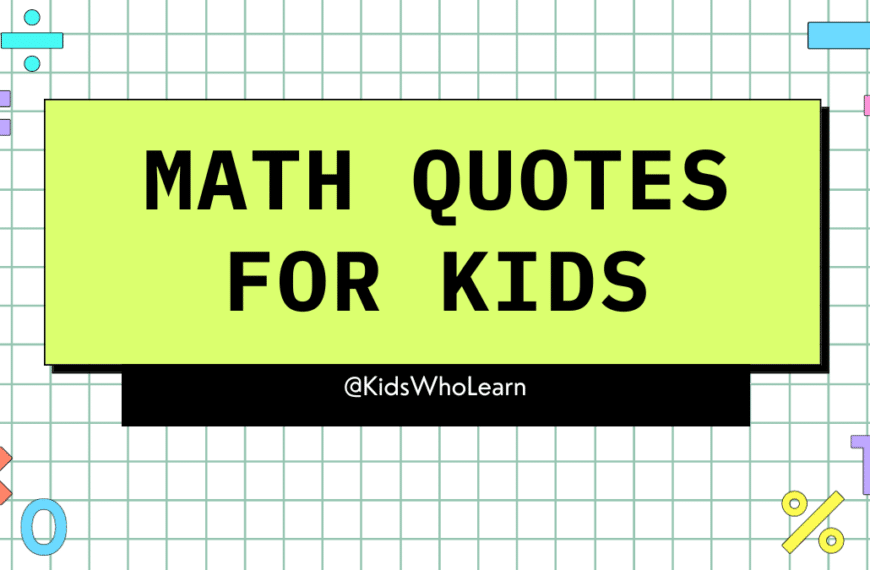Counting is one of the most fundamental skills that children learn early in life. It is a crucial skill that helps children develop their number sense and lays the foundation for more advanced mathematical concepts. But when do kids learn to count?
The answer to this question is not straightforward, as children develop counting skills at different rates. Some children may start counting as early as 18 months, while others may not start until they are three or four years old. However, there are certain developmental stages that children go through as they learn to count.
As a parent or caregiver, it is important to understand these stages and the factors that influence counting skills. By doing so, you can help support your child’s development and provide them with the tools they need to succeed. In this article, we will explore the basics of counting and the developmental stages of counting, as well as strategies to teach counting and challenges in learning to count.
Key Takeaways
- Children develop counting skills at different rates, but there are certain developmental stages they go through.
- Factors such as language, culture, and environment can influence counting skills.
- Strategies such as counting games and hands-on activities can help children develop their counting skills.
The Basics of Counting
Counting is a fundamental skill that kids learn at an early age. It is the foundation of mathematics and helps children understand the concept of numbers. In this section, we will cover the basics of counting, including understanding numbers and the counting sequence.
Understanding Numbers
Before kids can start counting, they need to understand what numbers are. A number is a symbol that represents a quantity or value. It is important for children to understand that numbers are not just random symbols but have a specific meaning.
To help kids understand numbers, it is important to introduce them to real-life examples. For instance, you can use objects like toys, fruits, or candies to demonstrate the concept of numbers. You can also use number charts or number lines to help kids visualize numbers and their values.
Counting Sequence
Once kids understand what numbers are, they can start learning the counting sequence. The counting sequence is the order in which numbers are counted, starting from one and continuing in order.
The most common way to teach the counting sequence is through repetition. You can start by counting with your child, and gradually let them take over. You can also use counting games or songs to make learning more fun and engaging.
It is important to note that kids learn at their own pace, and some may take longer than others to master counting. Patience and encouragement are key to helping kids develop their counting skills.
In summary, understanding numbers and the counting sequence are the basics of counting. By introducing kids to real-life examples and using repetition and fun activities, you can help them develop their counting skills and lay a strong foundation for their future mathematical learning.
Developmental Stages of Counting
Counting is an essential skill that children learn in their early years. The ability to count accurately helps children in many ways, such as improving their math skills, problem-solving, and decision-making abilities. Here are the three developmental stages of counting that children go through.
Toddler Stage
During the toddler stage, children begin to recognize numbers and count objects. However, they do not understand the concept of counting yet. They may count objects by saying numbers in random order or repeating the same number. For example, they may say “1, 2, 3, 1, 2, 3” while counting three objects.
Pre-School Stage
In the pre-school stage, children start to understand the concept of counting. They can count objects accurately up to five or ten and recognize the numerals. They also begin to understand the concept of one-to-one correspondence, which means that each object corresponds to one number. Children can also count objects that they cannot see, such as counting the number of steps they take while walking.
Kindergarten Stage
In the kindergarten stage, children can count objects accurately up to twenty or more. They can also perform simple addition and subtraction using objects. They can understand the concept of more and less and can compare sets of objects. Children can also count backwards from ten and recognize numbers up to fifty or more.
In conclusion, counting is an important skill that children learn in their early years. By understanding the developmental stages of counting, parents and educators can help children develop their counting skills and improve their overall math abilities.
Factors Influencing Counting Skills
Learning how to count is an essential skill for children, and it is a crucial milestone in their cognitive development. However, not all children learn to count at the same rate or age. Several factors influence counting skills, including the home environment, educational system, and cognitive development.
Home Environment
The home environment plays a significant role in a child’s counting skills. Children who grow up in households that encourage counting and mathematical activities tend to develop counting skills earlier than those who do not. Parents who engage their children in counting games, puzzles, and activities that involve numbers can help their children develop a strong foundation in mathematics.
Moreover, children who grow up in households where parents use mathematical language and talk about numbers frequently tend to develop better counting skills. For instance, parents who count while cooking or shopping or use numbers while telling stories can help their children understand mathematical concepts better.
Educational System
The educational system also plays a crucial role in shaping a child’s counting skills. Children who attend preschool or kindergarten tend to develop better counting skills than those who do not. In preschool and kindergarten, children are exposed to a structured learning environment that focuses on counting and other mathematical concepts. They also have access to educational materials such as counting books, puzzles, and games.
Furthermore, teachers who use different teaching strategies and activities to teach counting can help children develop better counting skills. For instance, teachers who use manipulatives such as blocks, beads, and counting rods can help children understand counting concepts better.
Cognitive Development
Cognitive development is a critical factor that influences counting skills. Children who have strong cognitive skills such as memory, attention, and problem-solving tend to develop better counting skills. These skills help children understand mathematical concepts and apply them to real-life situations.
Moreover, children who have developed their spatial skills tend to have better counting skills. Spatial skills involve understanding the relationship between objects and space. Children who have strong spatial skills can visualize numbers and quantities, which helps them develop better counting skills.
In conclusion, several factors influence counting skills in children, including the home environment, educational system, and cognitive development. Parents and educators can help children develop better counting skills by providing a supportive environment that encourages mathematical activities and using different teaching strategies and activities that cater to different learning styles.
Strategies to Teach Counting
Learning to count is an essential skill for young children. Here are some effective strategies to teach counting to your child:
Using Counting Rhymes
Counting rhymes are an excellent way to introduce counting to young children. Rhymes like “One, Two, Buckle My Shoe” and “Five Little Ducks” are fun and engaging, and they help children learn to count in a memorable way. You can find many counting rhymes online, and you can also create your own.
Integrating Counting in Daily Activities
You can integrate counting into your child’s daily routine. For example, when you are cooking, you can ask your child to count the number of eggs you need. When you are driving, you can ask your child to count the number of red cars you see. These activities help children understand that counting is a part of everyday life.
Using Visual Aids
Visual aids like counting blocks and number charts are effective tools for teaching counting. Counting blocks come in different shapes and colors, and they help children understand the concept of numbers. Number charts are also helpful for children to see the numbers in order and understand the relationship between them.
In conclusion, teaching counting to young children is essential, and there are many effective strategies you can use to help your child learn. By using counting rhymes, integrating counting into daily activities, and using visual aids, you can make learning to count a fun and engaging experience for your child.
Challenges in Learning to Count
Learning to count can be a challenging task for young children. There are several factors that can make the process more difficult. In this section, we will explore two common challenges in learning to count: math anxiety and learning disabilities.
Math Anxiety
Math anxiety is a common condition that affects many children. It is a feeling of nervousness or fear that arises when faced with mathematical tasks. Children with math anxiety may struggle to learn to count, as they may feel overwhelmed or intimidated by the task.
There are several ways to help children overcome math anxiety. One approach is to provide a supportive and encouraging environment. Parents and teachers can help by praising effort rather than just results, and by providing positive feedback and reinforcement.
Another approach is to make counting fun and engaging. This can be done through games, puzzles, and other activities that involve counting. By making counting a fun and enjoyable experience, children may be more motivated to learn.
Learning Disabilities
Children with learning disabilities may also struggle with counting. Dyscalculia is a specific learning disability that affects a child’s ability to understand and work with numbers. Children with dyscalculia may have difficulty with basic counting skills, such as recognizing numbers and counting objects.
If you suspect that your child has a learning disability, it is important to seek professional help. A qualified specialist can provide a diagnosis and recommend appropriate interventions to help your child succeed.
In summary, math anxiety and learning disabilities can present challenges for children learning to count. However, with the right support and interventions, children can overcome these challenges and develop strong counting skills.
Conclusion
In conclusion, children begin to learn to count at a very young age. They start by recognizing numbers and counting objects in their environment. As they grow older, they learn to count to higher numbers and understand the concepts of addition and subtraction.
It is important to note that every child develops at their own pace, and there is no set age at which children should be expected to count to a certain number. However, most children can count to 10 by the age of four, and to 20 by the age of five.
Parents and caregivers can help children learn to count by incorporating counting into everyday activities, such as counting steps while walking or counting the number of toys in a box. Additionally, educational toys and games that involve counting can be helpful in reinforcing counting skills.
Overall, counting is an important foundational skill that sets the stage for future math learning. By providing opportunities for children to practice counting at a young age, parents and caregivers can help set their children up for success in math and beyond.
Frequently Asked Questions
When do children typically start counting?
Children can start to learn counting as early as 1-2 years old. However, most children begin to understand the concept of counting around the age of 3-4 years old.
What are some ways to teach counting to young children?
There are many ways to teach counting to young children, including using counting books, counting games, and counting songs. You can also use everyday objects, such as toys or snacks, to help your child practice counting.
What are some signs that a child is ready to learn to count?
Some signs that a child is ready to learn to count include showing an interest in numbers, recognizing numbers, and being able to count small groups of objects.
How can parents encourage their child’s counting skills?
Parents can encourage their child’s counting skills by providing opportunities for counting practice, such as counting objects around the house or during everyday activities. It’s also important to praise and encourage your child’s efforts, even if they make mistakes.
What are some common mistakes parents make when teaching counting?
Some common mistakes parents make when teaching counting include expecting too much too soon, using abstract concepts that are difficult for young children to understand, and not providing enough opportunities for practice.
At what age do children typically learn to count to 10 or higher?
Most children can count to 10 or higher by the age of 4-5 years old. However, every child is different and may learn at their own pace. It’s important to be patient and provide plenty of opportunities for practice and reinforcement.

